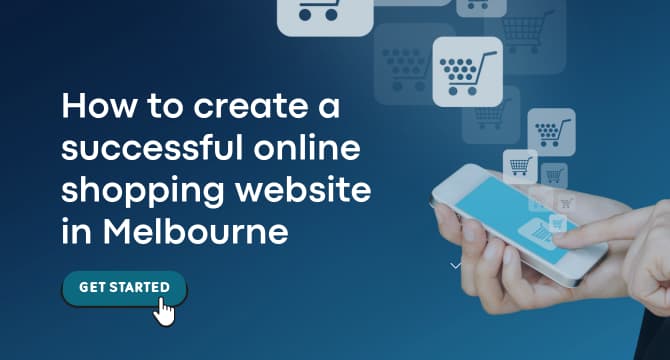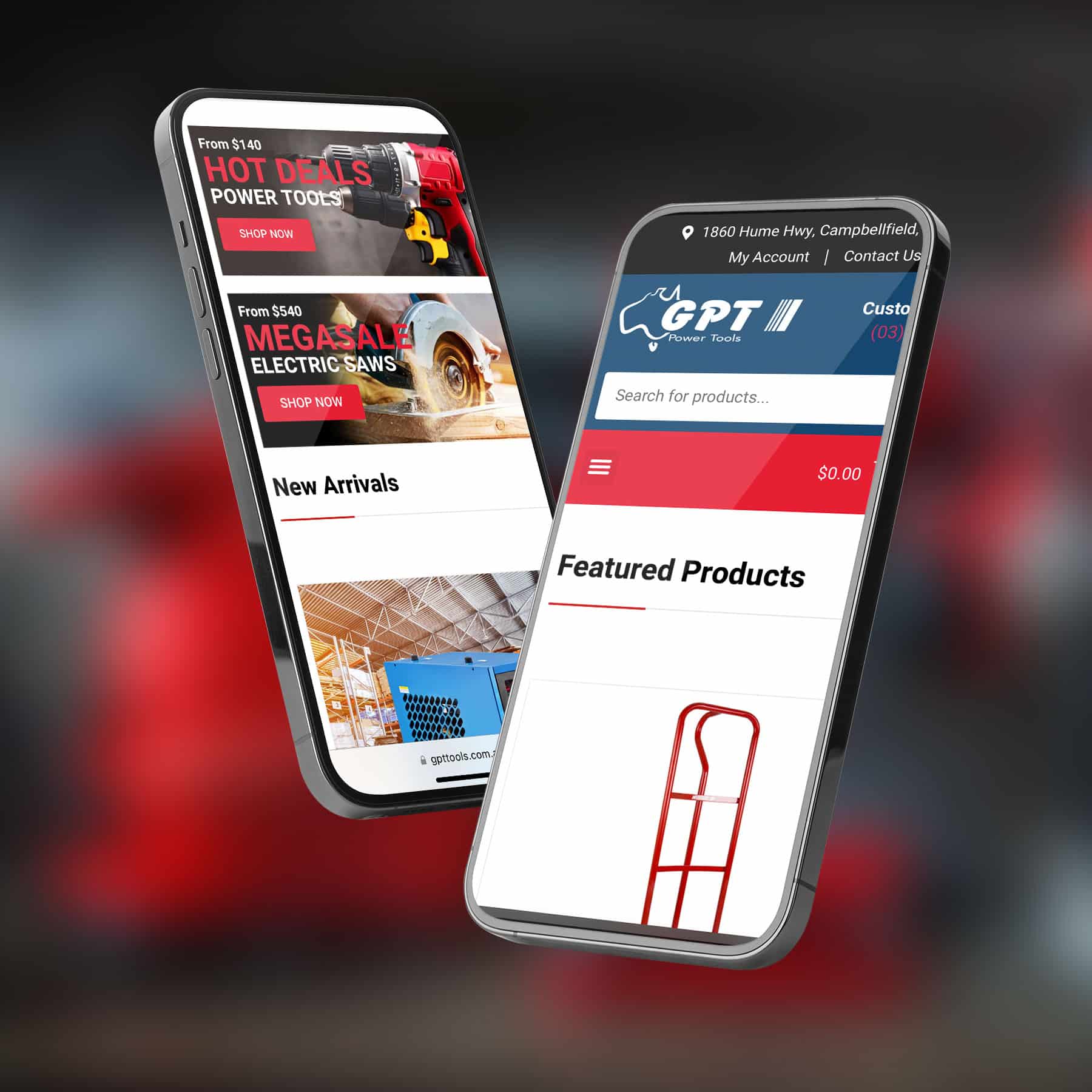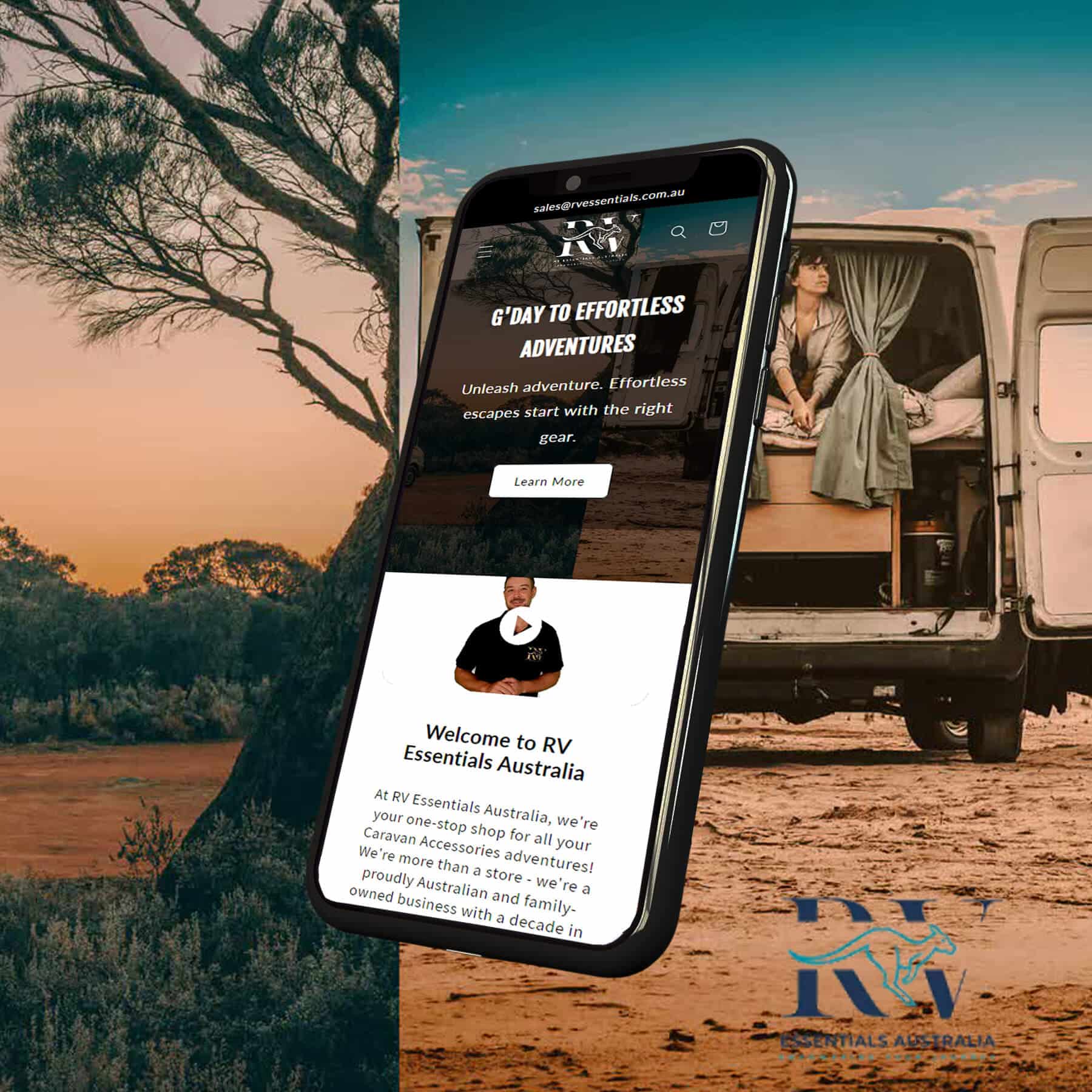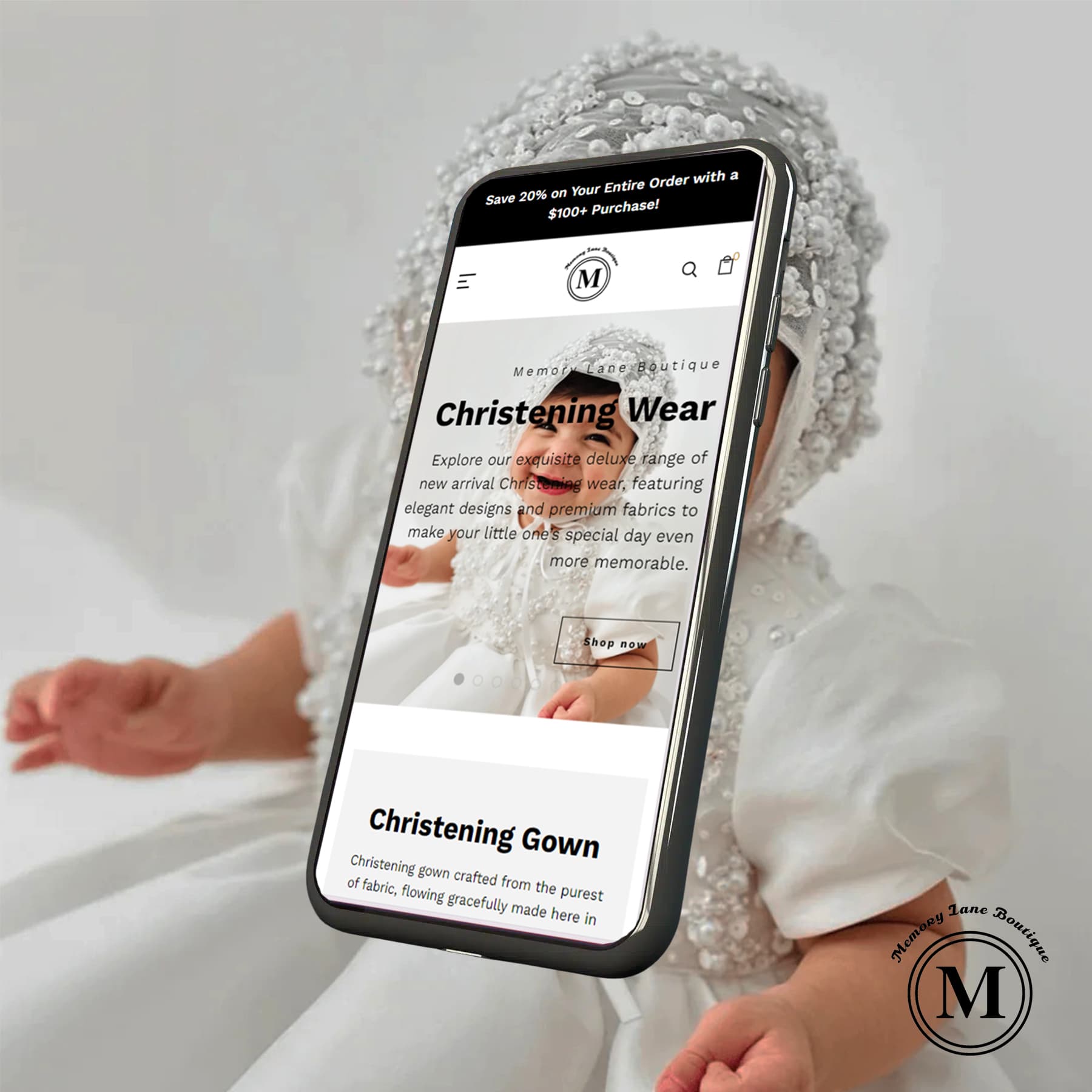Melbourne, renowned for its vibrant culture and early adoption of trends, is a fertile ground for online businesses. Building a successful online shopping website requires a strategic approach to capitalise on this potential.
Understanding Your Market and Goals
The foundation of a successful online store is a deep understanding of your target audience. Who are you selling to? What are their needs, preferences, and online shopping habits? Defining your ideal customer will shape your product offerings, marketing efforts, and overall customer experience.
Once you’ve identified your target market, set clear and measurable goals for your online store. Whether it’s increasing revenue, building brand loyalty, or improving customer satisfaction, having specific objectives will guide your decision-making process.
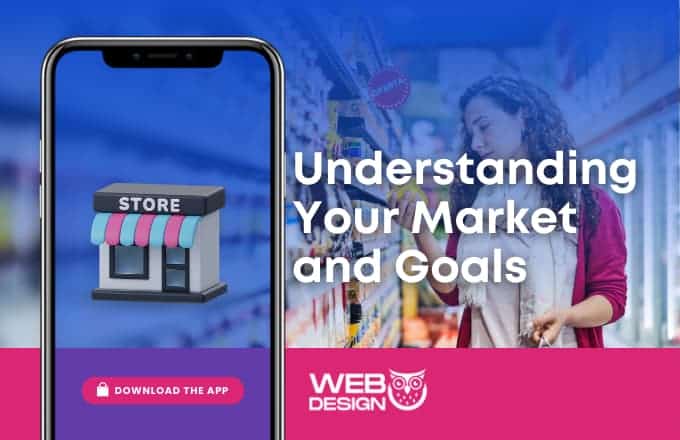

Market Research: Your Competitive Edge
Thorough market research is crucial for understanding your industry landscape. Identify your competitors, analyse their strengths and weaknesses, and identify opportunities for differentiation. By studying consumer behaviour and trends, you can gain valuable insights into product demand, pricing strategies, and marketing opportunities.

Choosing the Right E-commerce Platform
Selecting the appropriate e-commerce platform is a critical decision. Popular options include Shopify,WooCommerce, and Magento, each with advantages and disadvantages. When choosing, consider factors like budget, technical expertise, scalability, and desired features. A well-suited platform will provide the foundation for your online business.

Designing for Conversion
A visually appealing and user-friendly website is essential for a positive customer experience. Invest in a professional design that reflects your brand identity and resonates with your target audience. Ensure your website is responsive, providing an optimal experience across different devices. High-quality product images and clear navigation are key to driving conversions.

Curating Your Product Range
Selecting the right products is crucial for your online store's success. Conduct thorough research to identify products that align with your target market's needs and desires. Competitive pricing is essential, but factors like product quality, brand perception, and customer value should be considered. High-quality product images and compelling descriptions are vital for driving sales.

Marketing and Promotion: Reaching Your Audience
Building a strong online presence is essential for attracting customers. Optimise your website for search engines (SEO) to improve visibility. Leverage social media platforms to engage with your audience and build a community. Email marketing is a powerful tool for nurturing customer relationships and driving repeat business. Paid advertising, such as Google Ads and social media ads, can help you reach a wider audience.

Delivering Exceptional Customer Experience
Excellent customer service is the cornerstone of a successful online store. Provide multiple channels for customer support, such as email, phone, and live chat. Implementing secure payment gateways is essential for building trust. Efficient shipping and returns processes contribute to a positive customer experience.

Data-Driven-Optimisation
To achieve sustained success, it's essential to track website performance and customer behaviour. Utilise analytics tools to gain insights into customer preferences, sales trends, and website traffic. Use this data to make data-driven decisions and continuously optimise your online store.
Conclusion
Creating a successful online store in Melbourne requires strategic planning, market understanding, and a customer-centric approach. By following these guidelines and leveraging the expertise of professionals like Web Design Owl, you can build a thriving online business that stands out in the competitive Melbourne market.
Web Design Owl specialises in creating high-performing online stores tailored to the Melbourne market. Our team of experts can guide you through every process step, from market research and platform selection to e-commerce web design, development, and ongoing support.
frequently asked questions
What is the most important factor in building a successful online store in Melbourne?
Understanding your target market and their needs is paramount. This knowledge will guide your product selection, marketing efforts, and overall customer experience.
How do I choose the right e-commerce platform?
When selecting a platform, consider budget, technical expertise, scalability, and desired features. Popular options include Shopify, WooCommerce, and Magento.
What is the role of design in an online store?
A visually appealing and user-friendly website is crucial for a positive customer experience. Invest in a professional design that reflects your brand and is optimised for mobile devices.
Can Web Design Owl help me with my online store's marketing?
Yes, Web Design Owl offers marketing services such as SEO, social media management, and email marketing.

